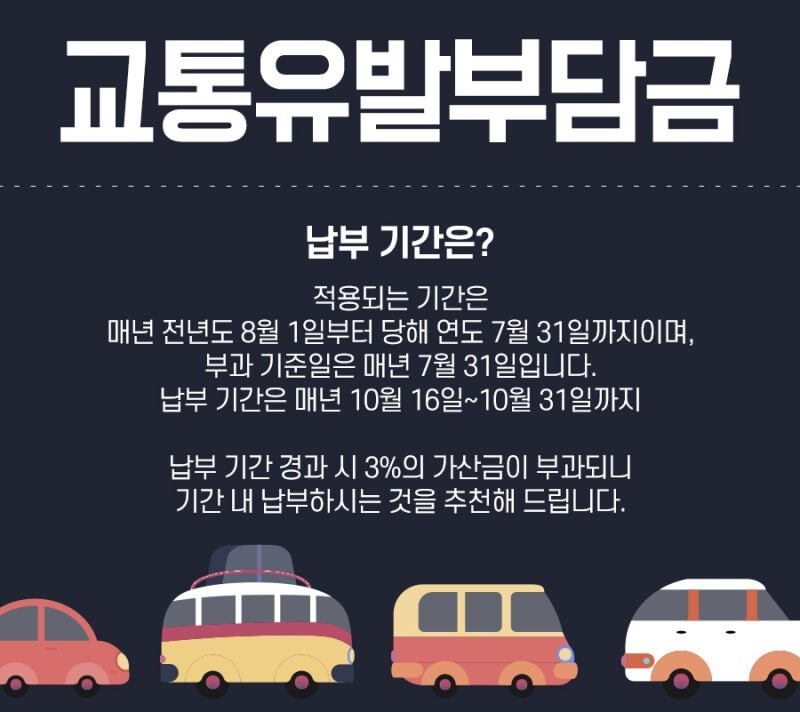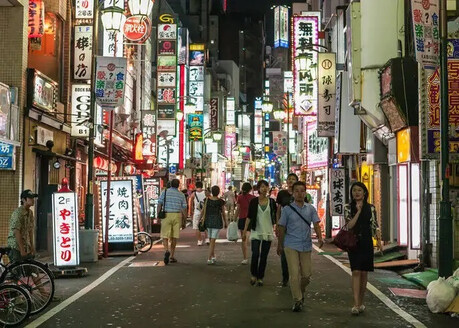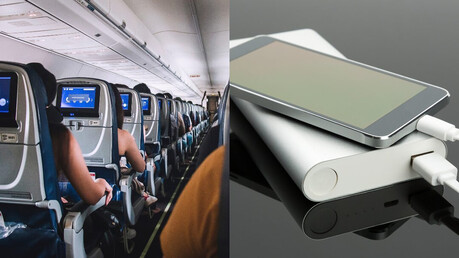
Seoul — The "Happy Department Store" (Haengbokhan Department Store), established by the South Korean government to support small and medium-sized enterprises (SMEs) and expand sales channels for small business owners, is facing an escalating financial burden due to the Traffic Congestion Levy. Critics argue that the levy's uniform application, based solely on gross floor area, is counterproductive to the government's stated goals of fostering growth for small businesses.
Data submitted to the National Assembly by the Korea SMEs and Startups Agency indicates that the Happy Department Store has been levied approximately KRW 3.76 billion in traffic congestion fees from 2020 to 2025. This heavy burden is particularly acute considering the store’s minimal operating profit of KRW 170 million last year, suggesting the levy is severely impeding its financial health and mission.
The core of the controversy lies in the disparity between the Happy Department Store and large commercial retailers. The levy is assessed under the 'Urban Traffic Readjustment Promotion Act' to facilities that cause traffic congestion, with the amount calculated based on gross floor area ($m^2$), unit levy, and a traffic generation coefficient.
Although the Happy Department Store's 2024 revenue of KRW 37.8 billion was significantly lower—nearly 1/16th—than that of the nearby Hyundai Department Store Mokdong Branch (approx. KRW 609.5 billion), both are subjected to the same coefficient of 10.92, applicable to large-scale retail stores under the Distribution Industry Development Act. Consequently, the Happy Department Store's levy accounts for 1.6% of its sales, which is eight times higher than the 0.2% ratio paid by the Hyundai Department Store.
This system, which treats a public-purpose facility supporting SMEs the same as a massive commercial department store, is drawing sharp criticism for its lack of fairness. Funds intended for assisting small enterprises are being siphoned off as a tax due to a categorical classification.
Representative Huh Jong-sik of the Democratic Party of Korea, a member of the National Assembly's Trade, Industry, Small and Medium Venture Business Committee, has urged the government to revise the Urban Traffic Readjustment Promotion Act. He stated that the Happy Department Store should be included in the list of buildings eligible for a reduction or exemption from the levy to rectify the issue of equitable taxation. The current policy is being slammed as a case of "self-contradiction," undercutting government-led initiatives to boost small business recovery and domestic consumption.
[Copyright (c) Global Economic Times. All Rights Reserved.]





























